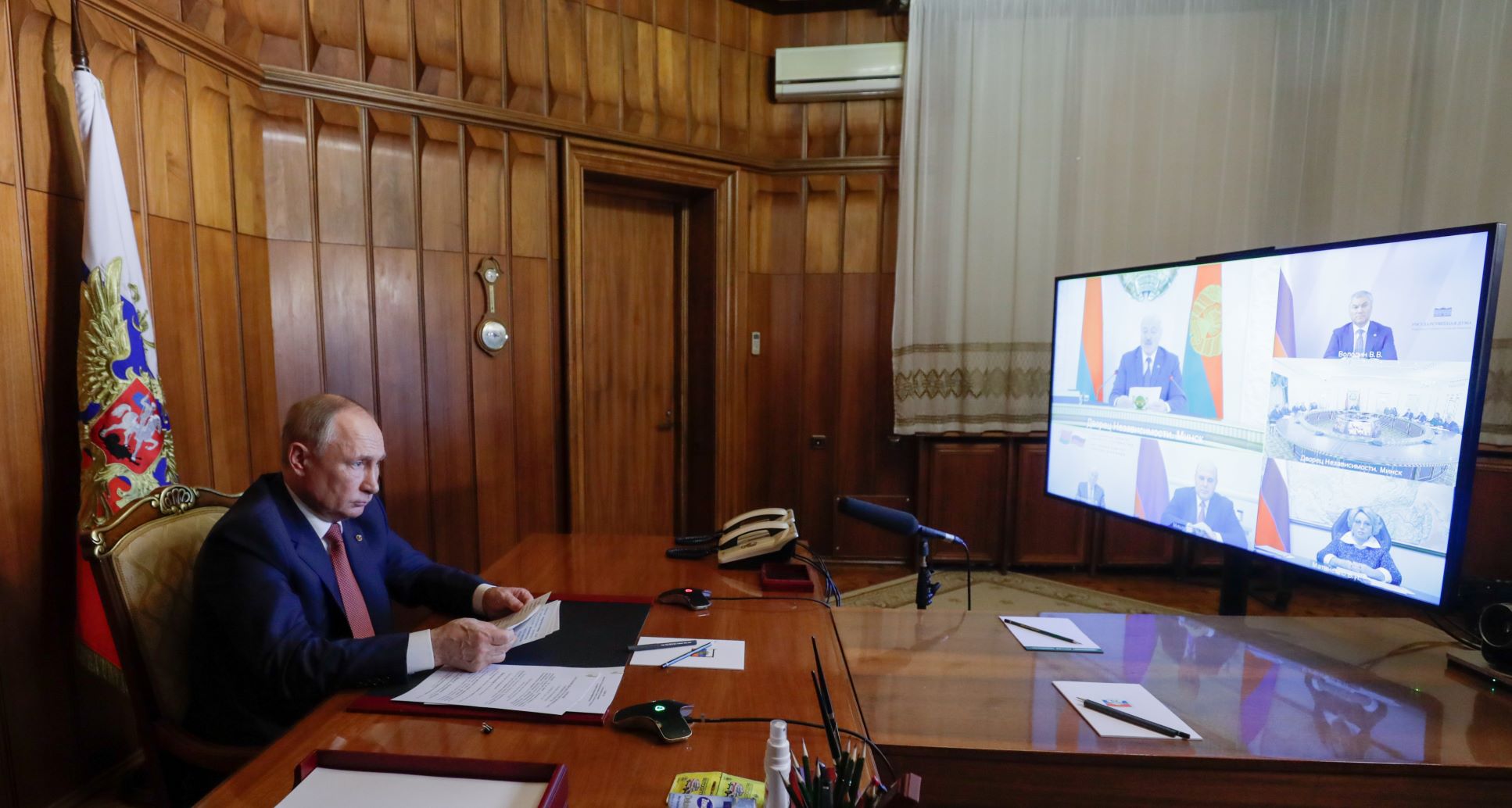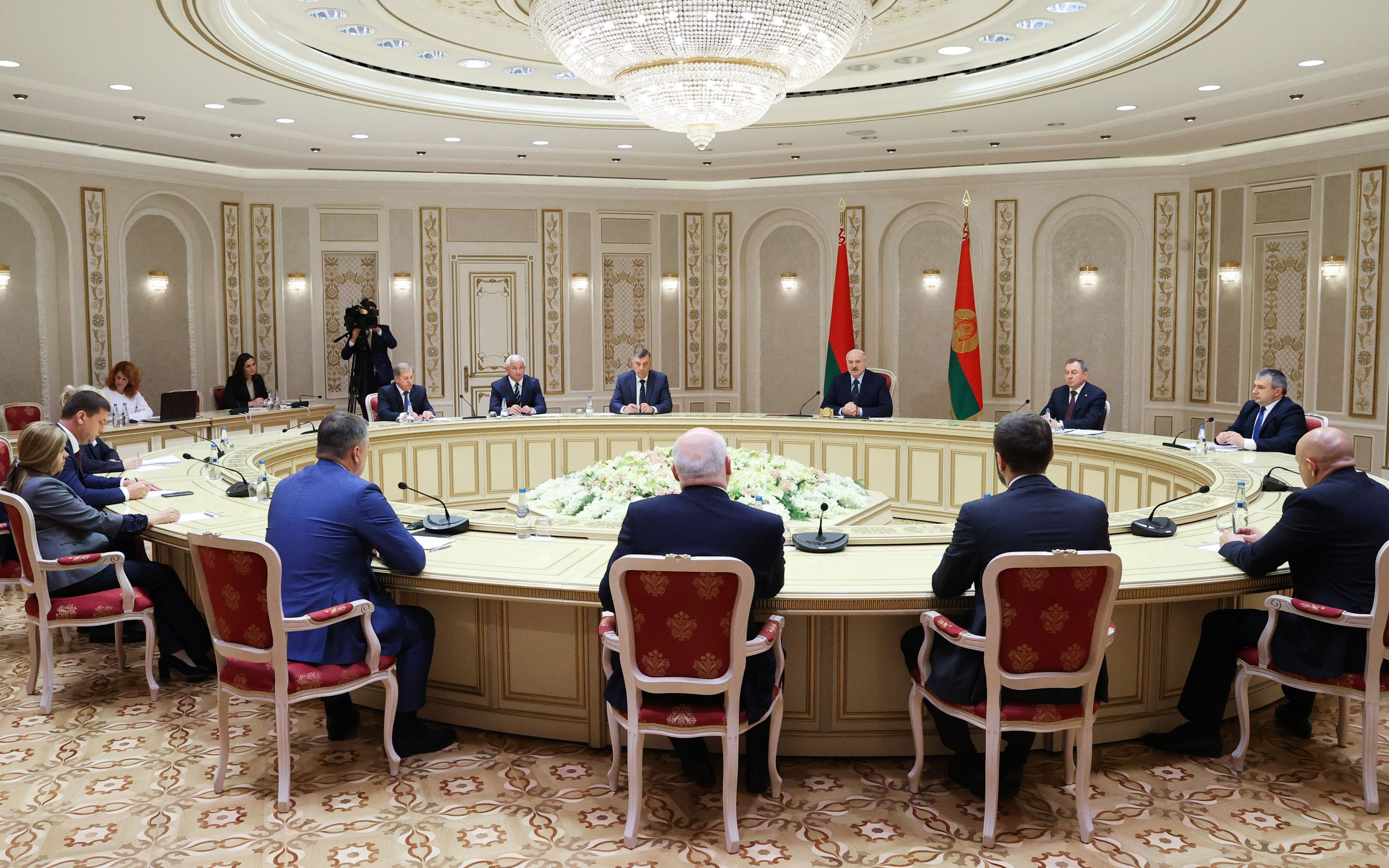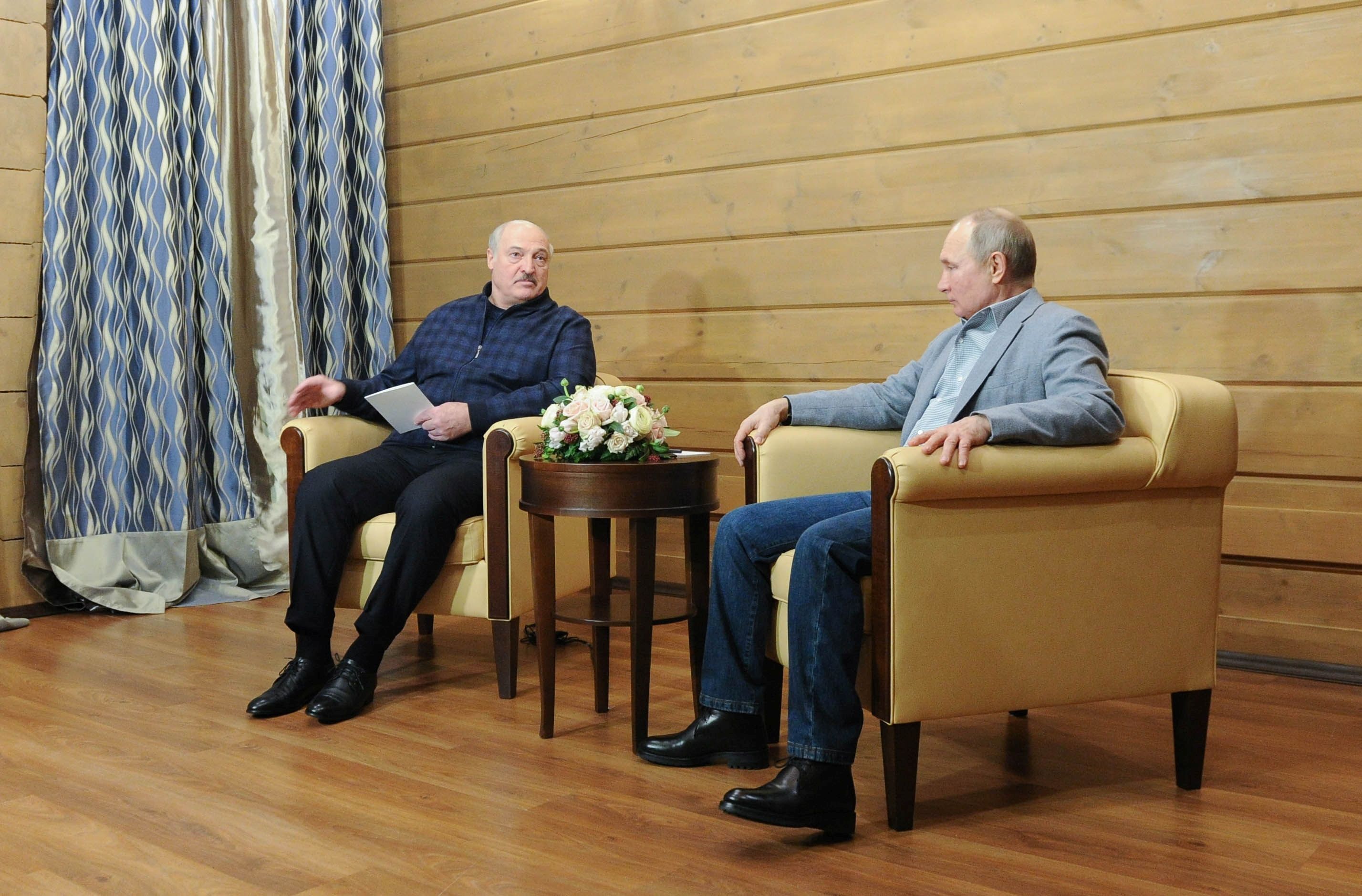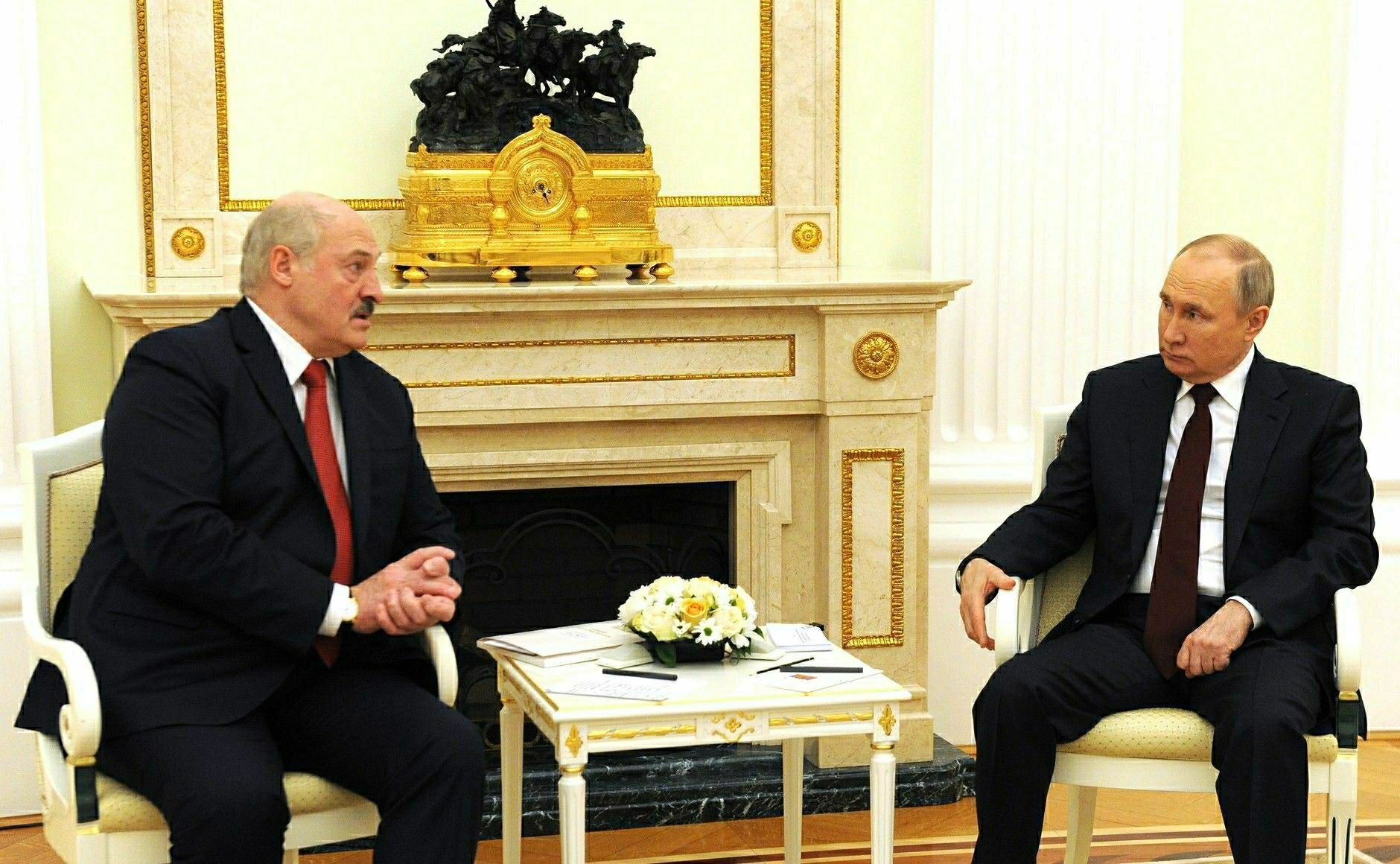Russia and Belarus Deepen Integration
On 4 November, at a meeting of the Supreme State Council of the Union State of Belarus and Russia, a document was signed that “sets forth the Guidelines for Implementing the Provisions of the Treaty Establishing the Union State in 2021–2023” and includes 28 integration programmes. Moreover, both countries approved the Union State military doctrine. This demonstrates a deepening of Belarusian political and economic dependence on Russia, and seals Russian military control over this country, which will strain the security environment in the region.
 Photo: Mikhail Metzel/ TASS/Forum
Photo: Mikhail Metzel/ TASS/Forum
What are the 28 integration programmes?
Formerly known as “integration roadmaps”, the set of 28 programmes had been negotiated by the two countries since 2018. The signing planned for December 2019 was blocked by Belarus. The current formula of the negotiations has been limited to economic issues. Among the 28 programmes are proposals for the formation of common agricultural and industrial policy, harmonisation of fiscal and financial policy (which also requires changes in the judiciary), and the creation of a Union State Committee for Tax Affairs. Moreover, the establishment of a single gas market by 1 December 2023, a single market for oil and oil products, as well as a single market for electricity have been announced.
It is too early to estimate the possible effects on the economies of the countries. However, problems with the implementation of some of the programmes can be expected, especially those programmes most unfavourable for Belarus, such as the unification of customs and tax rates, which will limit the independence of Belarusian fiscal policy.
How did we get to this point and what does the signing of the military doctrine imply?
The currently binding military doctrine of the Union State was adopted in December 2001, two years after agreement on its establishment was signed. Neither country attempted to revise it until 2018, but then Belarus blocked the signing of the revised version. Its move was related to an attempt at the time to conduct a multi-vector foreign policy in which it developed contacts with NATO and positioned itself as a mediator between Ukraine and Russia, along with greater Belarusian involvement in security issues in Eastern Europe. The present consent of the Belarusian side to the adoption of the new doctrine is the result of the progressive military integration of both countries and the change in the perception of threats by Belarus, whose authorities, after the rigging of the presidential elections in 2020, started discussing the increasing political and military pressure from the Alliance.
What role will Union State policy have on migration?
The content of the new migration concept of the Union State has not yet been made public, nor has the revised version of the military doctrine. Based on announcements, the migration policy document will lead to coordination of the activities of the ministries of internal and foreign affairs of the two countries, along with their border services, in the field of migration policy. This is to become a key element in creating a uniform migration space for the Union State. The concept also provides for joint prevention of threats to the security of the Union State related to irregular migration. The reason for adopting it was the changing dynamics of migration flows related to conflicts or climate change. Considering that—as was announced—the document will refer to the current migration crisis on the Belarusian border with EU countries, it can be used as another tool for increasing migration pressure on the EU.
What does deeper Belarusian-Russian integration mean for Poland?
The signing of the package of integration documents means a further increase in Russia’s ability to influence Belarusian domestic and foreign policy. Considering the differences in the potentials of their economies, it should be expected that Belarus will be forced to adopt Russian legal solutions that will limit the independence of the Belarusian government in conducting macroeconomic policy. This may mean difficulties in Poland’s trade with Belarus.
In turn, the adoption of the new military doctrine of the Union State means that both countries will undertake coordinated actions against NATO (joint exercises, increased Russian military presence in Belarus, hybrid activities), which will translate into a deterioration of the security situation in the region and will require adjusting Alliance policy to the new threats, especially on the Eastern Flank.





